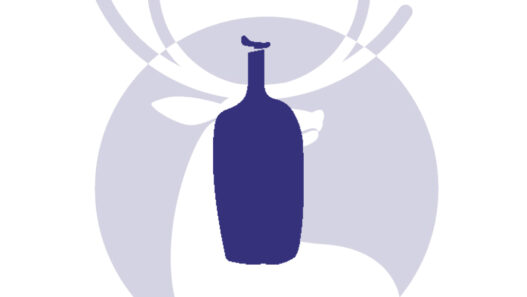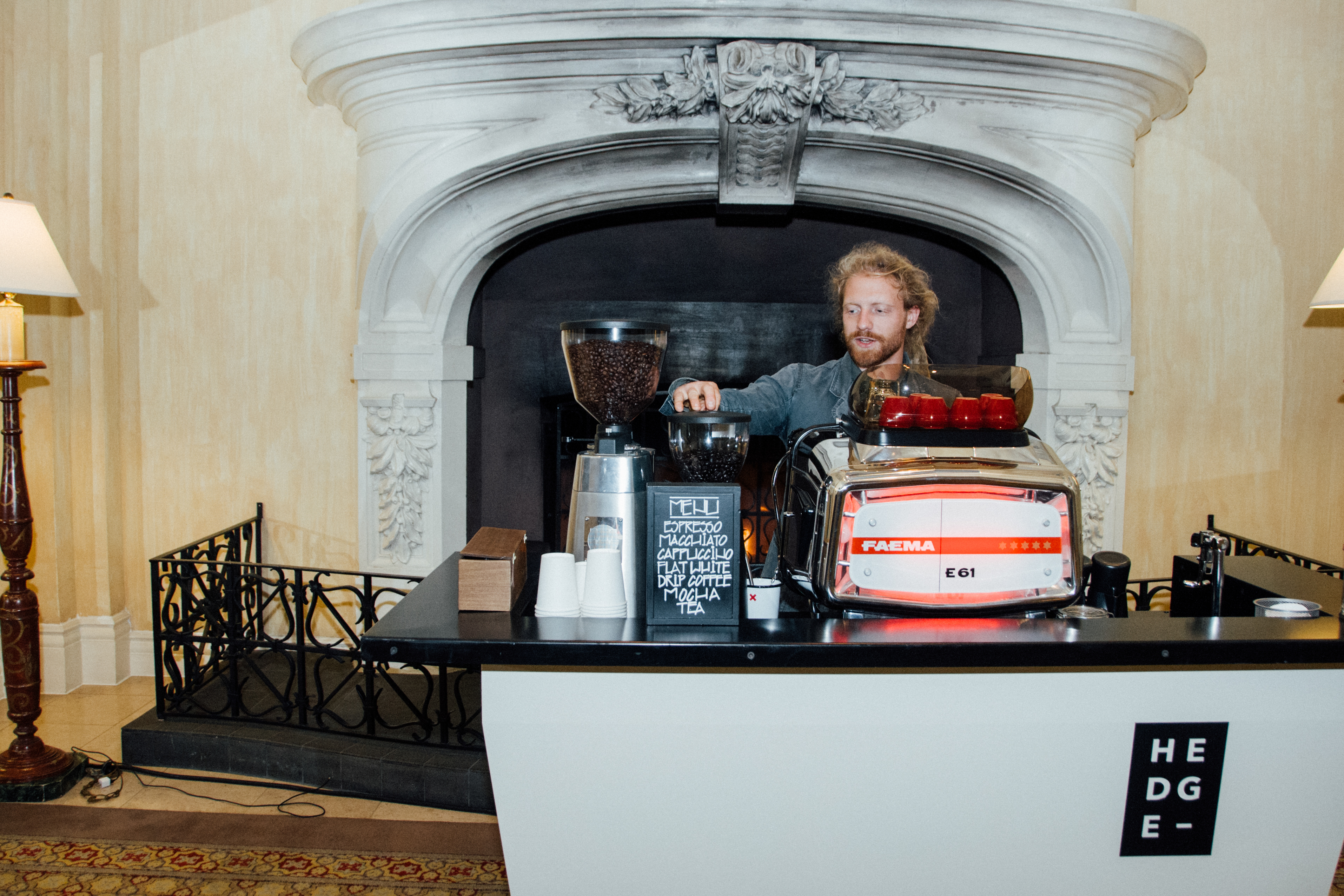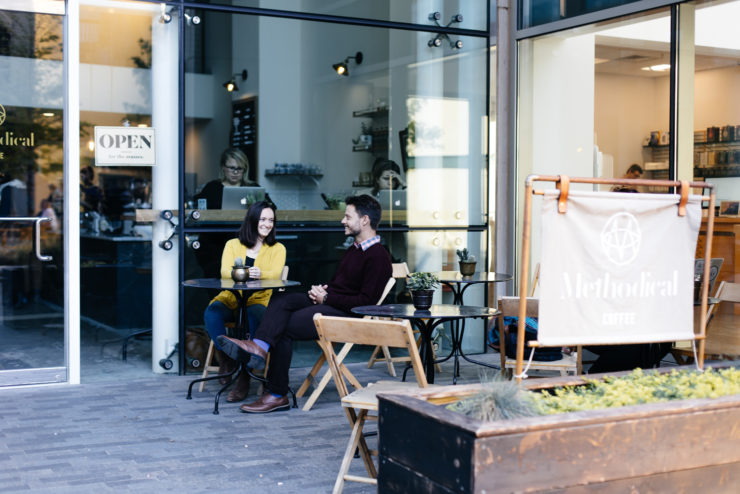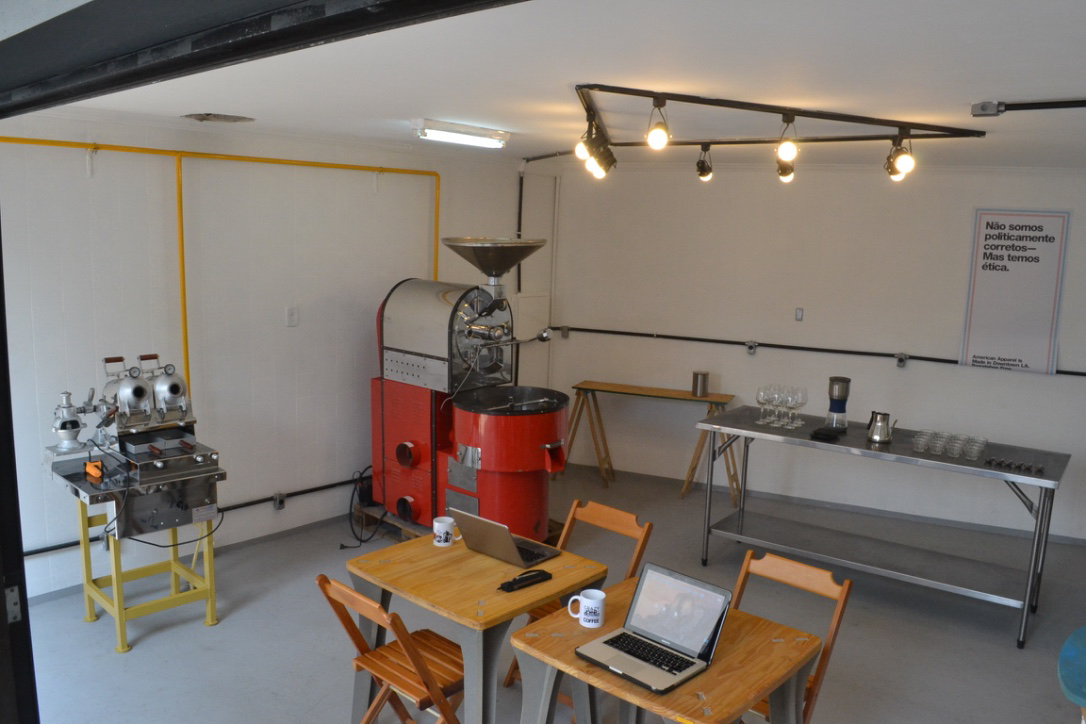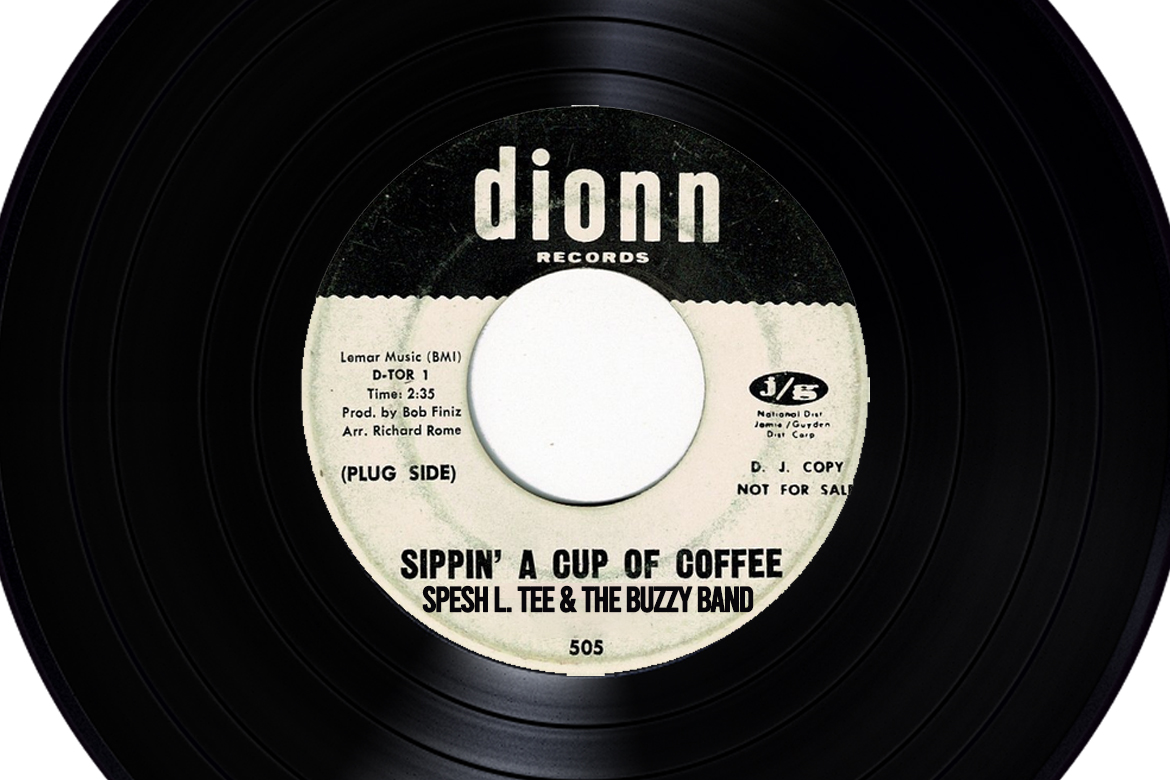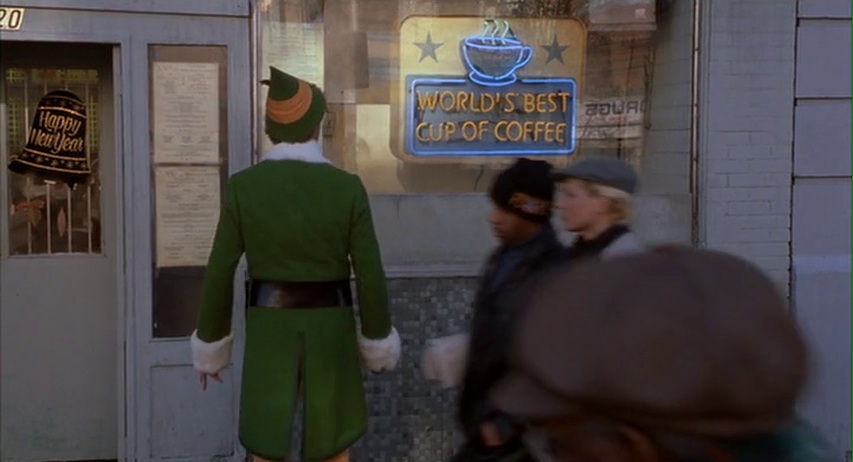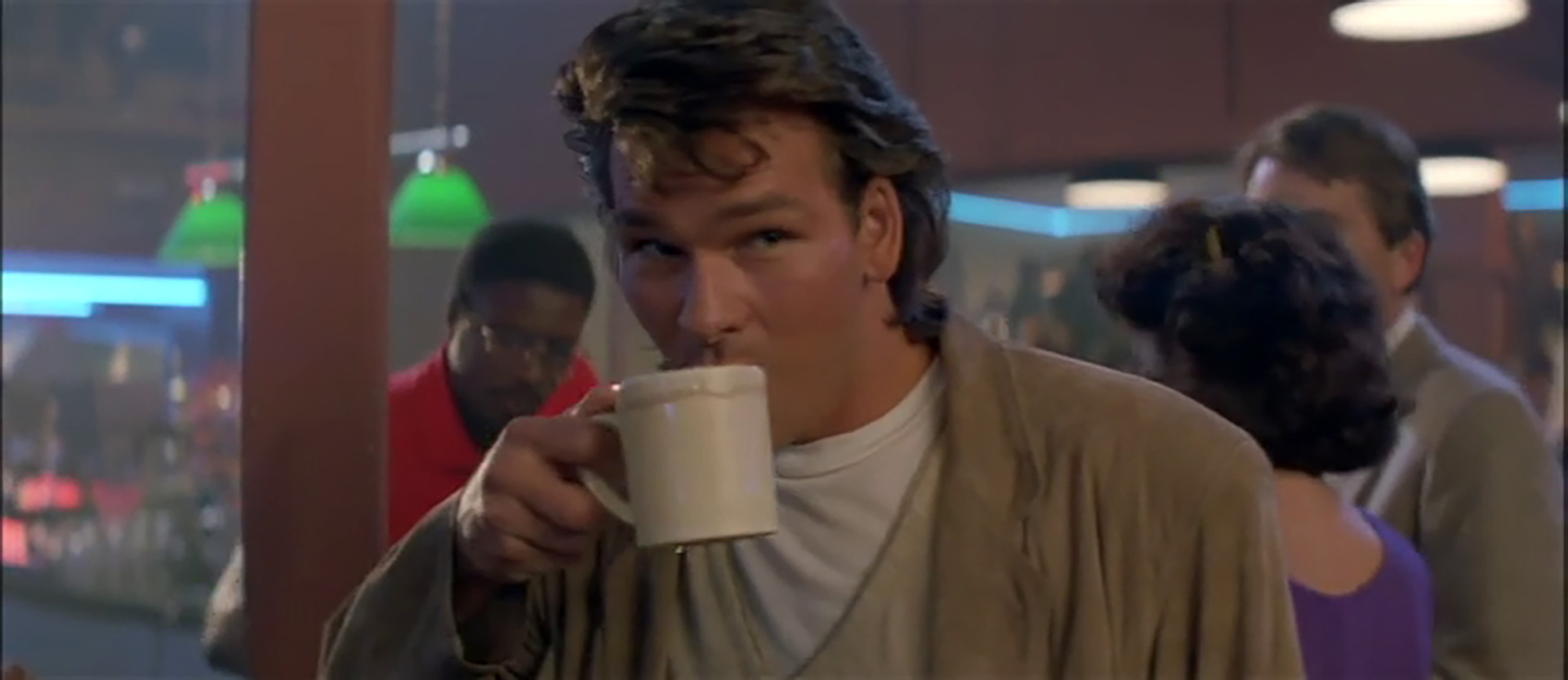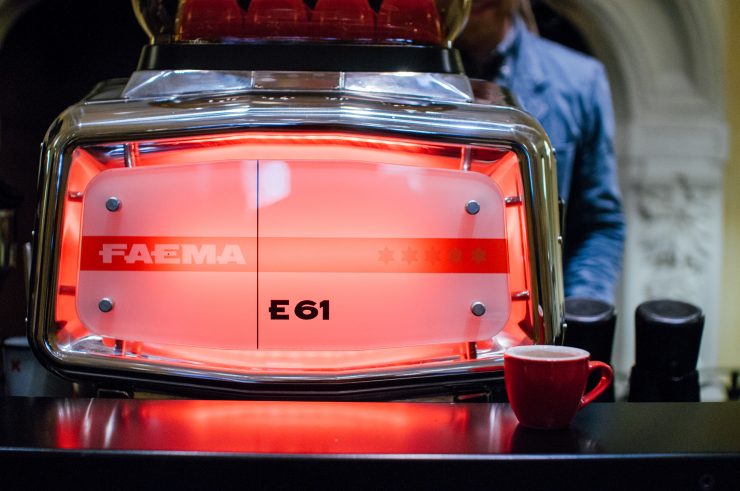
To wander around a San Francisco Bay Area tech office is to enter a fantasyland college dorm: a cornucopia of free-flowing food, drink, games, and interesting people. Physical perks include unlimited LaCroix, pool tables, wine on tap, and coffee. Lots and lots of free coffee.
Office coffee [for these privileged workers] can come in the form of a cold brew tap, self-service espresso bar, or even a fully outfitted cafe. A few startups employ baristas, some contract with local coffee companies, while others use a third-party management service. One such group, Bon Appétit Management Company, is an award-winning supplier of office food and drink management. Managing 650-plus cafes in 31 states, their client roster is comprised of companies like Uber, Adobe, and Google.
Who are the baristas serving these tech employees? What’s it like to be a service worker for the tech community?
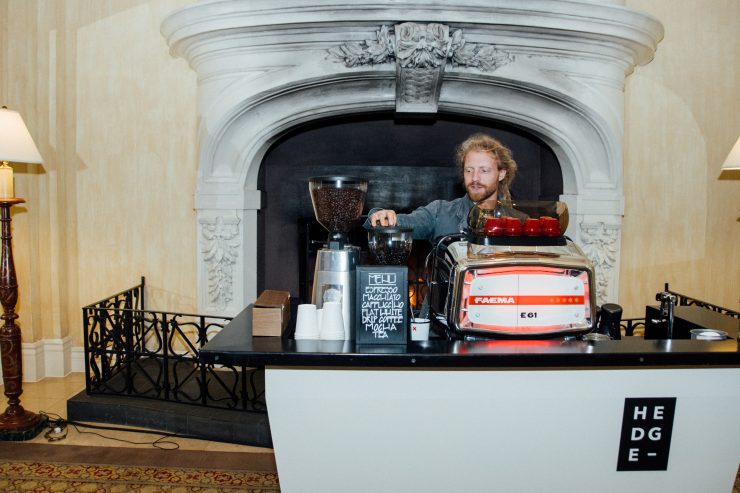
I met up with several local baristas to learn the inside scoop. Some only spoke on condition of anonymity, and many were subject to confidentiality agreements, so names have been changed throughout this article (and marked with an asterisk) and companies have been anonymized. I started out with these interviews thinking I’d receive intel on the worst of working with tech employees. While there were negative experiences, I’m humbled to say that I was proven wrong.
Olga Sobal, co-owner of Hedge Coffee (profiled elsewhere on Sprudge) is paid by local companies to pop-up for a few hours. The Bay Area has a different culture from the rest of the country, she says, pointing out the cold brew on tap that she’s seen in the offices. “People really try to get into the coffee culture. More or less, people are pretty educated [about coffee].”
All of Hedge’s clients are tech companies, with about 75% of the bookings for event catering. Because the clients pay a flat fee for the service, with pricing based on factors like attendance count and coffee service type there is no point-of-sale transaction. During the few times that Hedge taught coffee education classes, Sobal found that “people were really engaged and asking questions. Like, ‘If it’s a single origin, does it mean it’s from one farm or two farms?’”
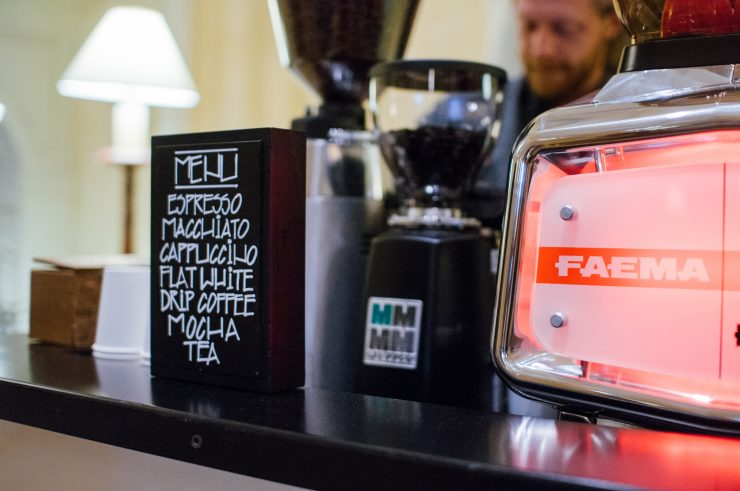
Brian* agrees. His customers are foodies and are “very fascinated” by coffee. Brian used to be a barista at a standard cafe in the South Bay, but opted to become a barista at Bon Appétit. He now works inside a South Bay tech company that houses two cafes and several cafeterias. His reason for the move is straightforward. “I just needed more money, because Silicon Valley is just expensive, and it’s hard to cut it as a barista. It was a logical move for me,” he says.
The average rental price for a two-bedroom apartment in San Francisco is $4683. It’s no surprise that a steady paycheck with full benefits can be enticing.
His work schedule matches the office workers he serves: nine-to-five work hours, weekends and holidays off. In addition, Bon Appétit offers their full-time employees paid time off and full health benefits, which is a rare occurrence in the specialty coffee industry.
“I think the consistency in schedule is nice. Being compensated more, having the opportunity to do a lot more stuff,” he says, describing the drink experimentations that his cafe is currently going through. “Having the weekends off when a lot of my friends who are on a regular schedule also helps. The balance is an improvement for me.”
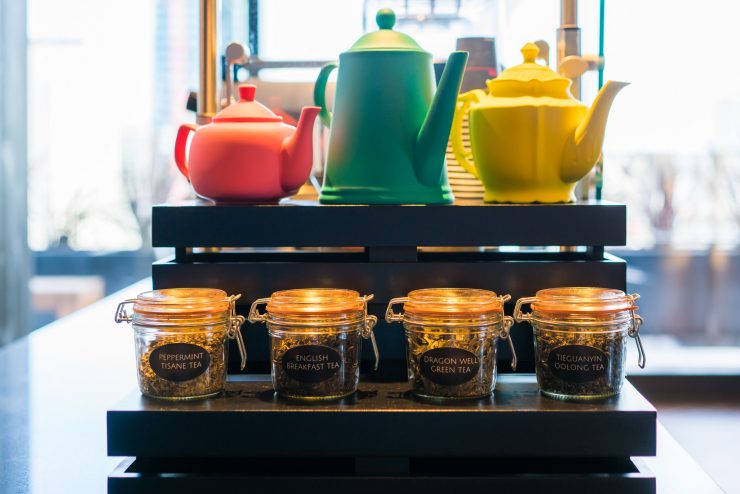
Cafe operation varies from company to company. Sometimes, all the coffee is free. Other times, only the drip coffee is free and other drinks require partial payment (the companies subsidize a portion). This can make for a tricky customer interaction.
Karley Webb is currently employed as a barista by Wrecking Ball Coffee Roasters, but works at GitHub’s office cafe, which is operated by Wrecking Ball. Before her current job, she worked inside a variety of tech offices. Talking about her past customers, Webb observes, “The majority of them don’t have social skills. You ask them how they’re doing and they just stare at you blankly. Or they just say ‘latte,’ come back 10 minutes later, and their latte is done.” Webb continued: “At Square, I felt like a servant to them, more like a kitchen staff deal. The awkwardness is at a higher level.”
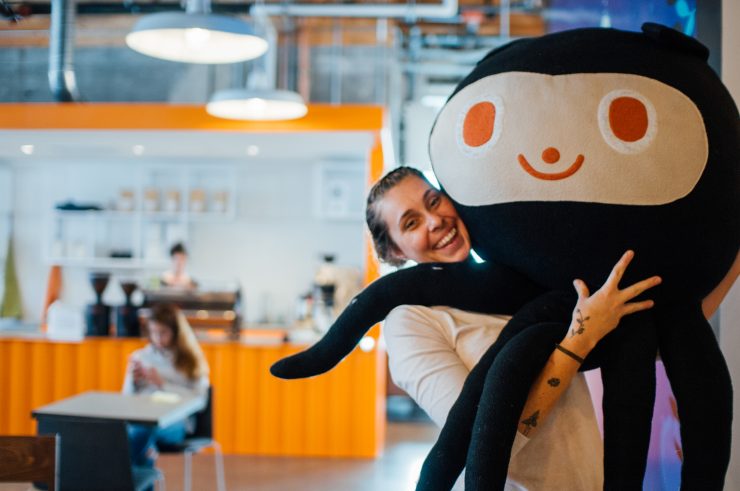
Square’s cafe is partially subsidized by the company: while the company covers some coffee costs, Square employees are still required to pay a portion of drink prices. What happens in an environment where employees don’t have to pay for their coffee? GitHub is one such office and Webb says, “Everyone is in a really good mood. If there’s a long line, they’re not just standing there, tapping their feet.”
Webb enjoys her closed environment, saying that she feels more like a peer. “It’s actually great. I like the whole office hours—Monday through Friday—because I feel like that’s really normal. Everything is the same, every single day. The same person comes, especially in an office setting. They’re my only customers.”
While it can be nice to not worry about the cash transaction, Aaron* offers a different perspective. He used to work at a Bon Appétit-managed office cafe, serving engineers and sales managers.
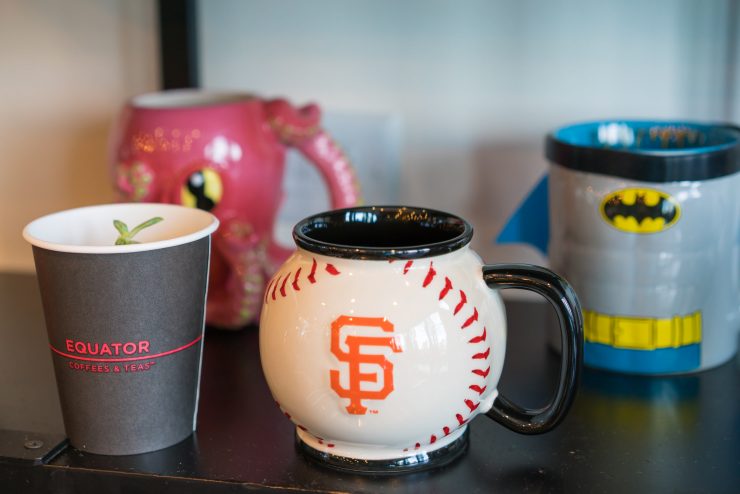
“It kind of took away from that whole, I’m-paying-you-so-I-have-the-power-in-this-relationship kind of dynamic. There was a little less of that.” He adds, “There were still people who thought they were better, thought they were more educated.”
He recalls a specific conversation he overheard that made him aware of the socioeconomic gap between him and the customers he served. The customers were talking about “buying their way to the front of a line to get, literally, a jet.” He incredulously observes, “Not only were you in line to buy a plane in the first place, but you bought somebody else’s place in line, because you didn’t want to wait.”
This unconventional environment isn’t for everyone. Would any of my interview subjects recommend working in a tech office to their fellow baristas? Webb acknowledges her happiness with her current job, but points out that it might not be the best fit for new baristas.
She says, “It’s not like a regular cafe, you’re not hustling and bustling this huge line out the door, trying to move them and make money. The money is already made, these people are here, they just want some coffee and someone to talk to.”
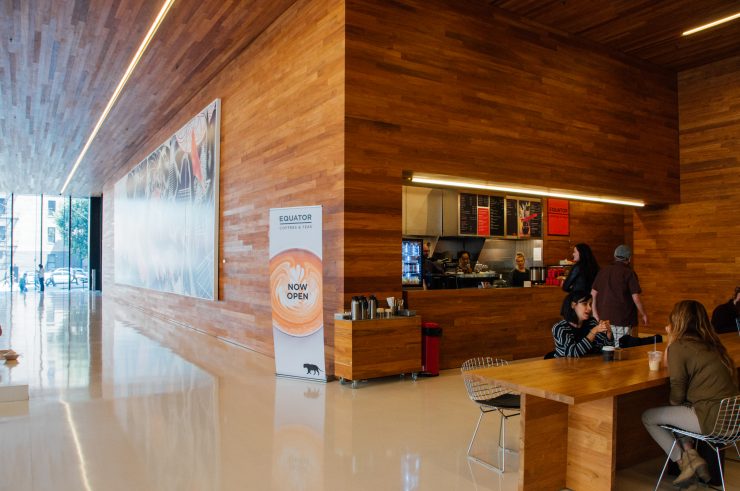
Aaron agrees with Webb and notes that you’re limited by the company you’re working inside. Financial security and schedule stability are big advantages, but you’re not always able to innovate or grow as a barista. He says, “The money was good, but there are other circumstances at other cafes where you can make as much, or more money, with more interesting possibilities. And more opportunities for growth, learning, and continuing education.”
Webb sums up the dichotomy of working as a barista in San Francisco. “It kind of sucks, because I feel like I’m a part of this whole thing that’s happening in San Francisco—techies overtaking everything—that’s why everything is so expensive. But I’m like, this is my job. I’m in coffee, I just happen to work in a tech company.”
Jenn Chen (@TheJennChen) is a San Francisco-based coffee marketer, writer, and photographer. Read more Jenn Chen on Sprudge.








